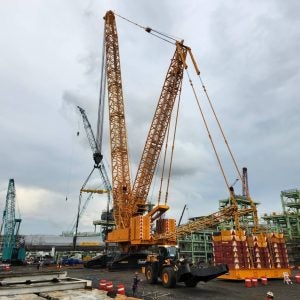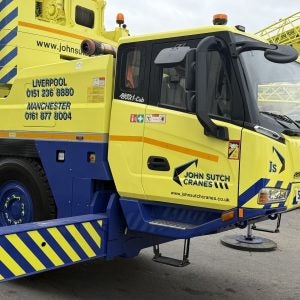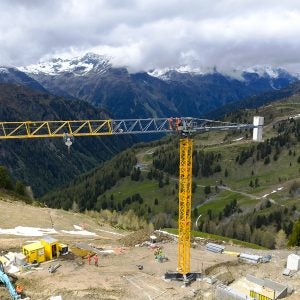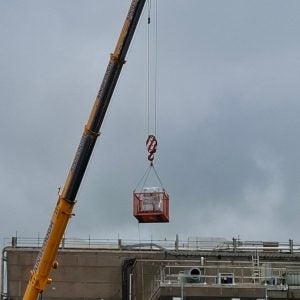Bridon Ropes is to close its wire rope factory in Retford, UK in March 2004 as part of a corporate consolidation into its two other UK manufacturing plants.
The company has withdrawn from production of finer diameter general engineering and elevator wire rope. Manufacture of high performance crane ropes will be unaffected by the change.
Bridon’s wire rope factory in Retford in Nottinghamshire manufactures 8,000 tonnes of rope a year for the lifting, construction and engineering industries. By the time it closes next March, 90% of the site’s machinery and production capacity will have been transferred to the company’s other manufacturing plants in Doncaster, South Yorkshire, and Willington Quay in the Northeast.
The remaining 10%, dedicated to the production of general engineering rope below 16mm diameter and a small range of lift ropes, will be decommissioned – “a decision driven by commercial necessity as demand for cheaper Asia and eastern European imports continues to squeeze UK manufacturers out of the smaller wire rope market,” according to Bridon.
The wire mill side of the business will move from both Retford and Doncaster to Bridon’s largest site at Willington Quay, a factory that has benefited from major investment in new machinery and produces 20,000 tonnes of rope a year. Doncaster will continue to specialise in the production of heavier ropes for the offshore and construction industries with a greater number of high performance products to be manufactured at both sites.
A net loss of 80 jobs is expected but the company has pledged to find new employment for any staff willing to relocate to one of the other factories.
“It is with huge regret that we have had to make this difficult decision,” said Bridon managing director Steve Rutherford. “As our share of the market for finer diameter ropes has declined it has become increasingly difficult for us to justify the Retford site. Although it only accounts for a small percentage of the depot’s overall production, we are also faced with the fact that additional machinery on site is duplicated by newer versions at our other two manufacturing plants. Closure is not good news for our employees but unfortunately this has had to be a purely commercial decision. Bridon has a world leading position in the supply of high performance products and it is this share of the market on which we need to concentrate.
He continued: “Closures of equivalent plants have taken place across Europe recently and I envisage there will be more to follow. Cheaper foreign imports are a serious issue across sections of our industry. At Bridon our strategy to overcome this is to build on the potential of our high performance markets.” Wire rope manufacturers closing factories in Europe this year included Tycsa of Spain.
Group development manager Lou Williamson added: “Retford has been losing volume in the smaller end of wire rope production for the last three years. While other areas of wire and rope production are thriving, we are no longer able to utilise Retford’s capacity cost-effectively. Any re-organisation is painful, especially for employees directly affected, but we are doing our best to hold on to as many jobs as possible and the company will undoubtedly be stronger and more efficient as a result.”






